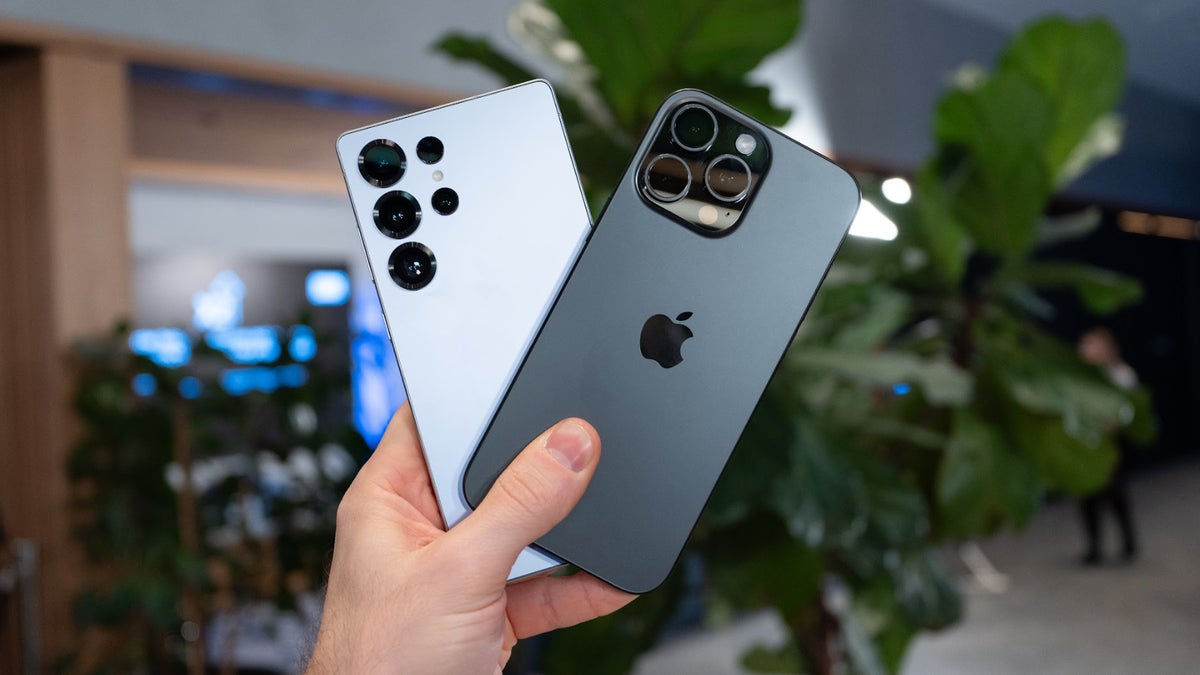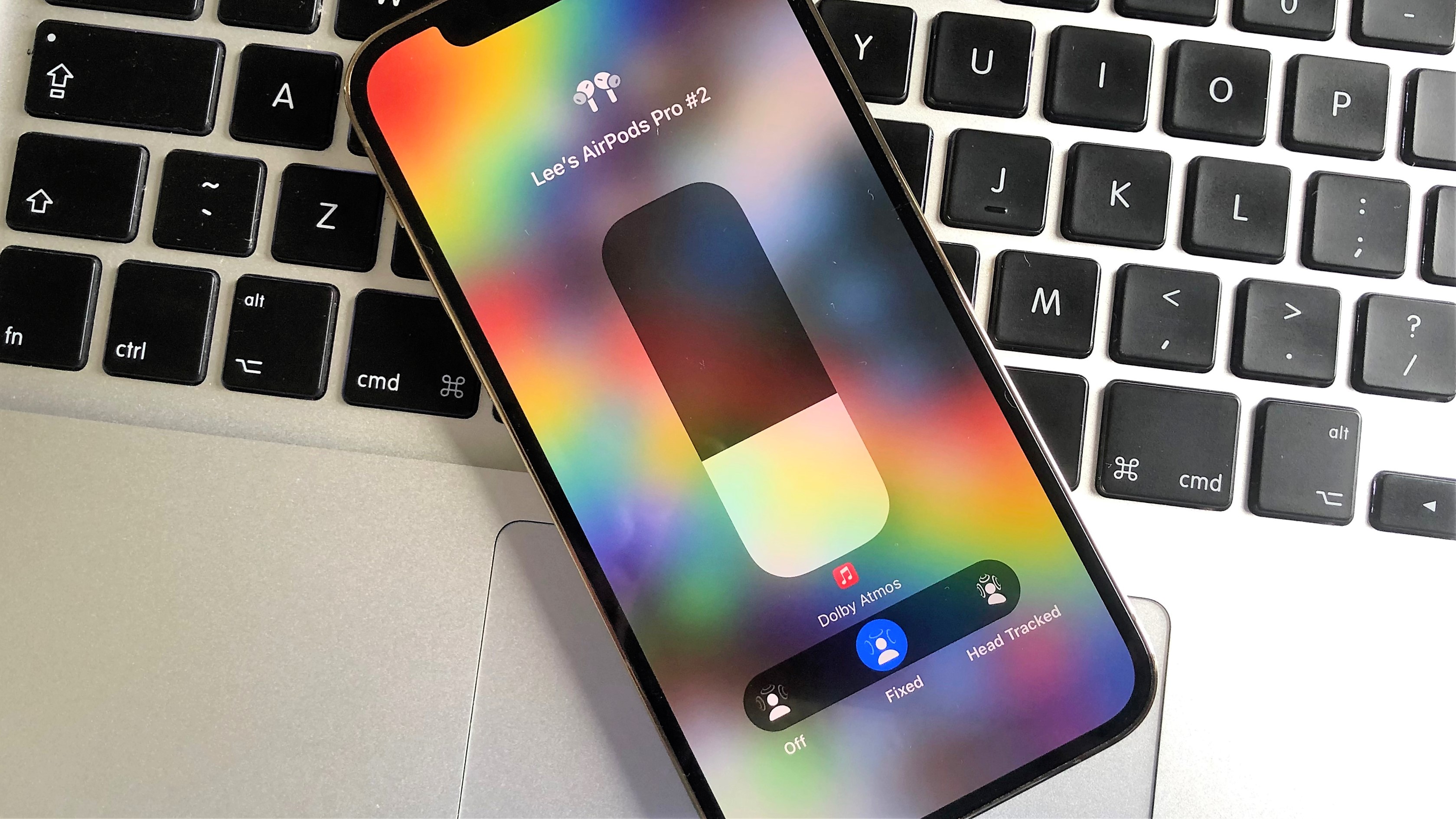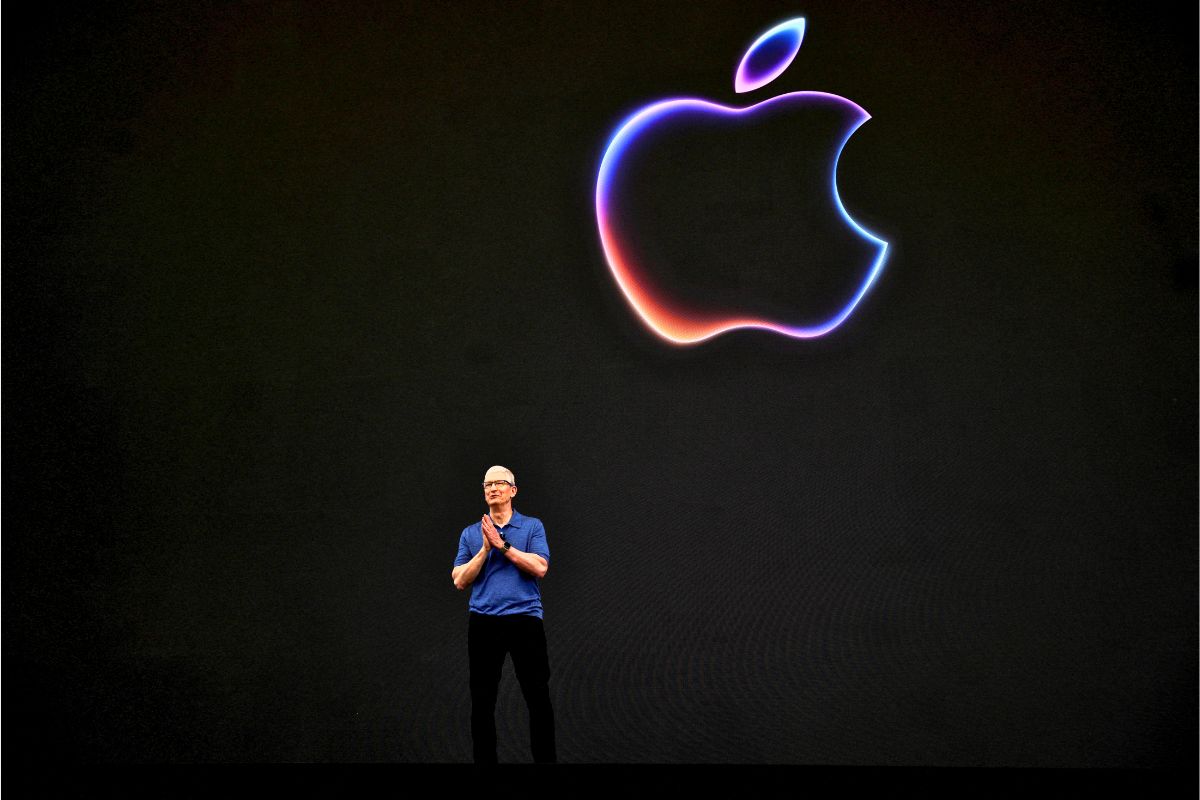Samsung and Apple developing alternatives
Samsung has had a rocky relationship with Qualcomm for a very long time. The company’s phones have often had to rely on the latter’s Snapdragon processors. It’s been a sore point for many Samsung fans that the company keeps selling phones equipped with its own Exynos chips in most markets. This is because Snapdragon processors have historically outperformed their Exynos counterparts each year.With the Samsung Galaxy S23 lineup the company had to release all phones with Snapdragon processors across the entire world. Consumers outside the select few markets that always got the Snapdragon variants were asking Samsung why they couldn’t have this every year. Samsung went back to the regional split with the Galaxy S24 but then had to exclusively use Snapdragon once again for the Galaxy S25 series.
Now it’s been revealed that it is almost guaranteed that Samsung will once again split its upcoming flagship phones into Snapdragon and Exynos versions for different regions. The company is hard at work developing a 2 nm Exynos 2600 chipset to power the Galaxy S26 lineup. But ongoing yield issues mean that Samsung will likely only use Exynos for the European (and a few other) markets.
This also shows that Samsung is still determined to move entirely to Exynos — a decision I am in favor of — and that Snapdragon remains a placeholder. Furthermore, this year Apple also took a page out of Samsung’s book and debuted its in-house cellular modem, the C1 chip, on the iPhone 16e. This modem has been in the works for years and, after many failed attempts, Apple was finally able to produce a competent alternative to the Qualcomm chips it has always used.
Reports indicate that Apple plans to start using its in-house modems in its flagship iPhone models very soon. In fact the upcoming base model iPhone 17 and the new iPhone 17 Air are both said to be equipped with Apple’s in-house modem chips. The company will expand its use of its modem chips and soon all Apple devices will be using them.
But why do both Samsung and Apple want to move away from Qualcomm so badly?
Qualcomm is just too expensive
Understandably, packing your phones with components from an external party is more expensive than making your own parts. Samsung lost $400 million when it had to ship every Galaxy S25 model with a Snapdragon processor. Similarly Apple’s biggest gripe with Qualcomm has been the cost of the licensing fees.
Qualcomm makes excellent chips, no doubt. The C1 modem isn’t as good as its Qualcomm alternative (though it’ll get there) and Exynos has a negative reputation because of its shortcomings. But smartphones have evolved to a point where these performance differences don’t matter for the average user. A non-enthusiast person who gets a new Samsung or Apple phone will almost never be able to tell the difference and they most certainly will not care either.
Qualcomm’s future is uncertain
I’m not saying that Qualcomm is going to collapse: it’s too big to fail so quickly. But Qualcomm’s stock, according to the analyst who reported Samsung’s loss, is very unpredictable going forward. The company is losing out on revenue streams left, right and center.
Qualcomm also recently revealed how much share it will be losing out on this year for the iPhone 17 series. From those figures we can also take a guess at which iPhone 17 models will use Apple’s own modem: the base and Air models as mentioned above. Samsung and Apple are both determined to cut off the company and though that isn’t going to happen overnight it has begun happening.
If I had to guess I’d wager that Qualcomm’s dominant position in the smartphone industry is quickly coming to an end. If Apple, Qualcomm’s biggest customer, is leaving it then there’s not much else left. And while that paints a very different picture for the future of the smartphone industry than the one I’m used to, it also kind of makes me excited.









